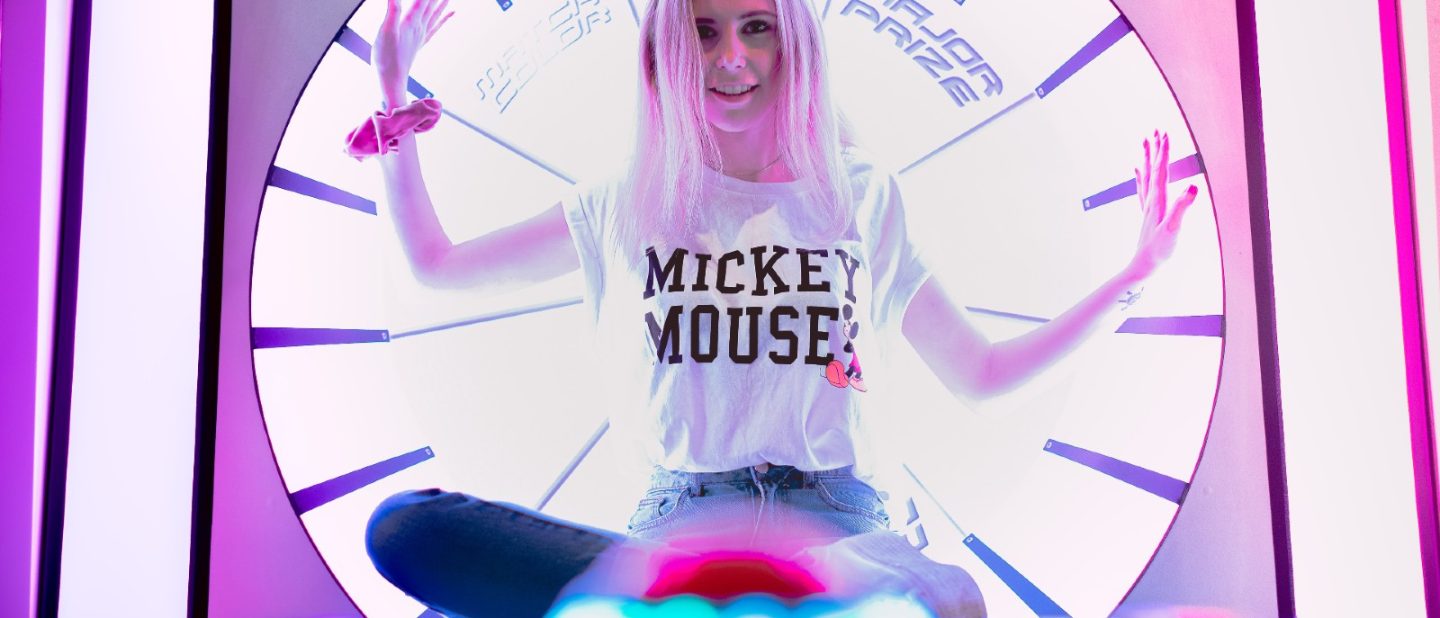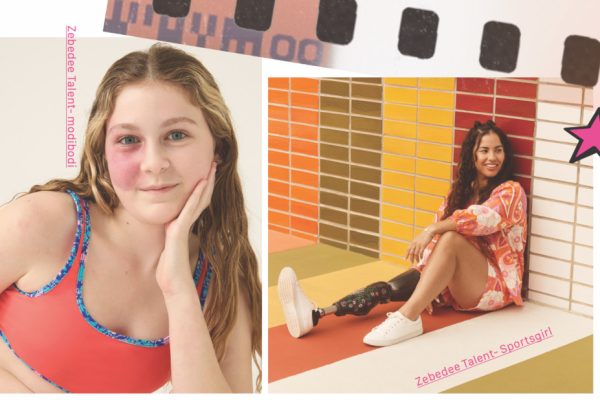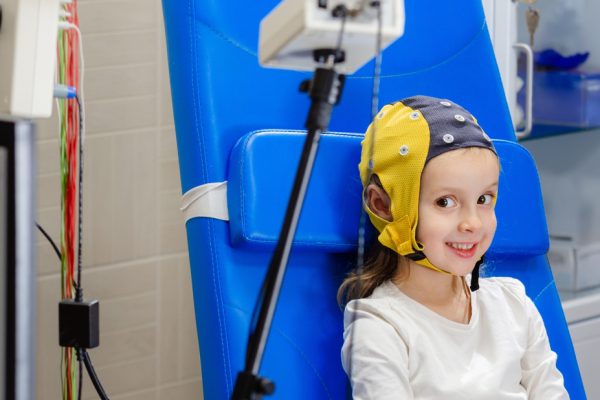
Disability and employment Q&A
We chat to Natasha Ward, Marketing & Communications Manager for You First Disability services about her journey to employment and experiences at school.
Can you tell us about the job you hold at You First and the journey that led to this role?
For the past few years, I have been working closely with the You First team to develop and deliver effective marketing and communication strategies within the disability sector.
Having worked with kids with disabilities for several years, in 2018, I decided to spend a year abroad working as an au pair in LA, California. although this was probably one of the hardest and challenging experiences of my life, it taught me so much about myself and it was here that I really uncovered my passion for digital marketing. When I returning to Australia, I decided to develop and expand on my new skill set by enrolling to study at RMIT University.
After finishing my studies, I went on to work with a great organisation as a social media coordinator, learning the ins & outs of digital communication. When the opportunity presented itself to jump onboard with the You First team, allowing me to combine my disability experience, together with my creative passions, it was a complete no brainer.
What diagnoses do you have? Were you diagnosed during school or before?
As a young girl, I was actually diagnosed with something called ‘left-eye-right-hand syndrome which, in recent years, has come to be known as Left-Right confusion. At the time, my mum was handed a photocopy of a research paper/article about the condition, the school put me into some special classes to work on my coordination and pretty much just sent us on our way.
It wasn’t until I finished school that I then received my diagnoses of ADHD, sensory process disorder (commonly known as Sensory sensitivity) & autism spectrum disorder.
What was school like for you? Did you experience any particular challenges navigating your educational path?
I think the most challenging part of my experiences would definitely have to be the fact that, like most females on the spectrum, I didn’t exactly fit the typical diagnoses traits of ADHD or autism spectrum disorder and therefore I didn’t receive my diagnoses until much later in life.
It’s easy for me to reflect on my life experiences and to say with hindsight ‘how did I not see the signs’, but I guess part of the problem that we seem to still face today is that there just wasn’t enough awareness or information that was readily available in regards to how the diagnostic benchmarks really do differ between young males & females that don’t meet the diagnostic ‘norms’.
Looking back, was there anything you needed that you felt you did not receive?
I do feel that receiving an earlier diagnosis & accessing more supports growing up may have changed a lot of the experiences I had when finishing school. I’ve always known that the way I seethe world didn’t always align with what seemed to be the ‘norm’; kind of like a puzzle, with one piece missing. Navigating some of the emotions that come with that can create an extremely challenging environment for any young adult, particularly when I didn’t necessarily understand why I was finding hardship in situations that appeared to be so seamless & effortless to everyone else around me.
What helped you the most?
When I was first asked about doing this interview, I must admit, I was hesitant. Having only been diagnosed later in life, this is all still so new to me, for a long time I found it really challenging to talk about as I tried to learn and understand this space better and what it meant to me being ‘diagnosed’.
After spending some time reflecting on a lot, I do think that what has really helped me the most so far in this journey, is probably around developing a good self- awareness. Every day I am learning new things, What I’m good at and, … what I’m not so good at, I am learning new ways to identify problematic areas & how to best communicate that with friends, family & even work colleges. Communication seems to be key, which is not exactly my strongest suit (I know… a little ironic given my job as a Marketing & Communications Manager!)
How was the transition to from school to work for you? Do you have any tips or insights for our readers?
I can admit, I did find the transition quite hard at first, my academic journey had not been so typical but then again, as I was discovering, neither was I. I struggled for a while really trying to decide what I wanted to do after education. The concept that ‘the decisions we made now would impact the rest of our lives’ was always so daunting and It kind of felt like every decision I made was going to make or break me.
What I probably didn’t realise at the time was that with every experience no matter how big or small, good, or bad, was setting me on a path that has led me to where I am today.
Is there anything else you would like parents of children with a disability, or the kids themselves, to know?
For a cohort of people who truly do rely on the routine & predictability or everyday life, my one piece of advice may seem a little contradictive, but I promise you, it’s key. Be flexible. Be flexible with yourself and your expectations, allow yourself the room for failure, but always be sure to recognise your wins. Because as we all know, if repetition is key then we need to repeat & repeat our positive mantras. Celebrate the small steps and before you know it… you’ll have climbed to the top of the staircase.






